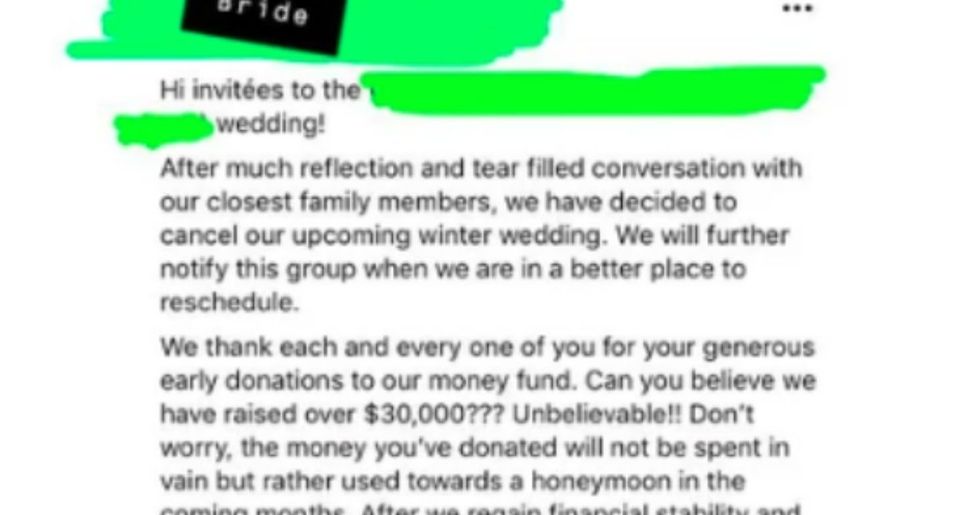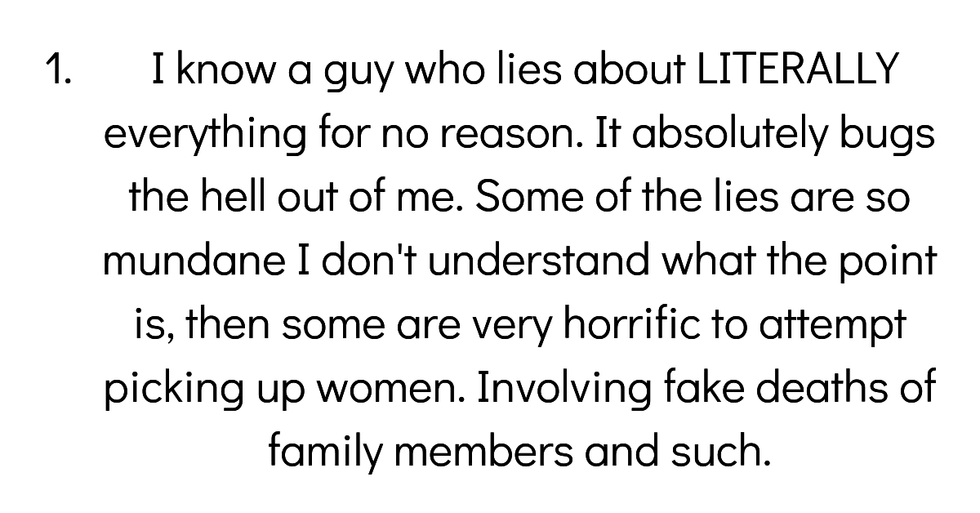Millennial men are reported to be easy targets for phone scammers, according to a new report mentioned in the NY Post.
Truecaller, a caller ID and spam-blocking app took a survey and found that gullible men – particularly those between the ages of 18-34 – willingly gave money as part of the many proliferating scams happening over the phone.
Truecaller told Fox News in an email:
"We've noticed in recent years that the data continuously reveals that men, particularly millennial-aged men, are the most vulnerable to phone scams."
They added:
"This shows that despite millennials growing up surrounded by technology, truly anyone can be a victim when it comes to a phone scam."
The app's fifth US spam & scam report found that 43 million Americans have lost approximately $10.5 billion in total losses as a result of phone scams in the last 12 months, an increase from $8.9 billion in the previous 12 months.
Out of those who were scammed, the average loss was $244 per victim.
They also found that "nearly 1 in every 6 American adults (17%) lost money from a phone scam in the past 12 months with over half of those who have ever been scammed (56%) reporting they've been a victim more than once."
Truecaller also noted that Americans on average reported receiving 32 spam calls (with 72% being robocalls) and 11 spam texts within a month, which is an increase of 39% for spam calls from last year.
That amounts to 97.2 billion spam-related calls and more than 33.4 billion spam texts in one year within the U.S.
Two in five men (40%) claimed to have been victims of phone scams in 12 months while 13% of men over 35 years and 28% of women between the ages of 18-34 complained of being victimized.
The most common phone scams include the "great credit deal" scam and the recipient being told they've won something.
But over half of Americans also received unsolicited calls of a negative nature in which the victims are told they owe money or have issues with their accounts.
Out of those who were scammed and lost money 94% said they took some action:
- 35% downloaded a spam blocker or caller ID app
- 32% cancelled credit card or changed account numbers
- 30% checked phone bill
- 25% contacted phone carrier
- 23% changed phone number
- 20% reported it to authorities (police, FCC, FTC)
- 18% signed up for Do Not Call Registry
- 17% signed up for credit protection/monitoring
- 16% used "reverse look-up" or searched phone number to try and identify caller
- 6% did nothing
The report said that over 55% of Americans prefer not to answer phone calls and prefer texting, emailing, and using social media.
Truecaller said scamming technology "has skyrocketed."
"Despite the heightened awareness of scam/spam calls, the sophistication in which people are being scammed has skyrocketed with new technology being developed, such as AI and voice recognition."
"Scammers are able to reach so many people, and the data shows that many of these people are falling victim not only once, but several times. Robocalls also have the ability to call thousands, if not millions, of people at once - so Americans are getting hit at a much larger scale that shows no sign of slowing down."
Robert Fellman, director of PC Professor Technical Institute in West Palm Beach and Boca Raton said he is seeing more robocalls and most are trying to scam you.
"They are trying to take low-hanging fruit. They are looking for an opportunity to make money."
He suggests you should download your phone carrier's call-blocking app, which Verizon, Sprint, AT&T and T-Mobile have available.
Fellman also said you should get on the Do Not Call Registry at www.donotcall.gov, where callers get fined more than $40,000 per unsolicited phone call.
Maybe it's time to download the app, unless you feel like chatting it up with an AI.
 COMICSANDS
COMICSANDS percolately
percolately georgetakei
georgetakei secondnexus
secondnexus george's picks
george's picks












